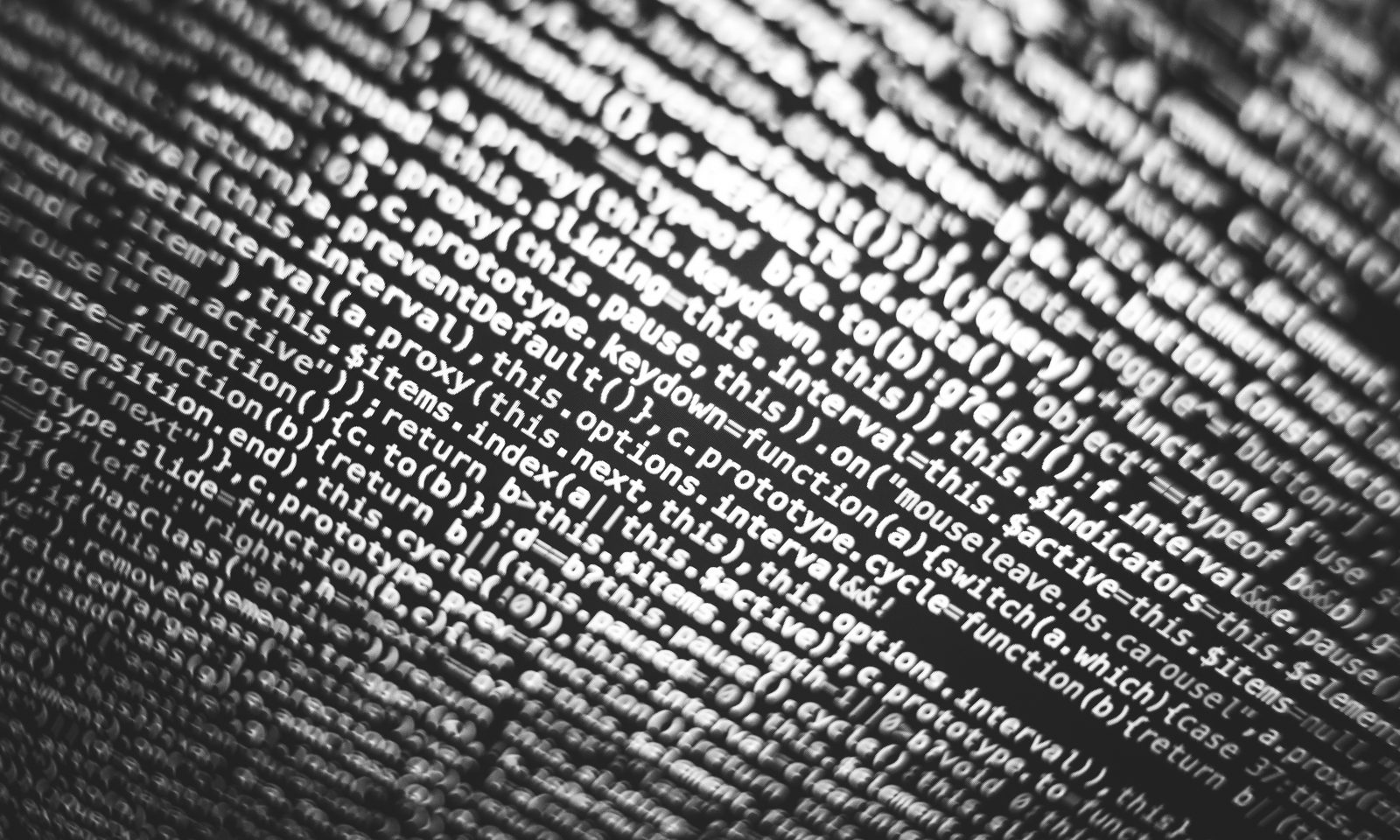More on Articles 3 and 4 of the new DSM Directive
Yesterday, 2 December 2019 Communia launched the Guidelines for the Implementation of the DSM Directive. Ben White, LIBER and our Dr. Maja Bogataj Jančič, IPI, coauthored guidelines for Articles 3 and 4 of the DSM Directive. Article 3 and 4 introduce exceptions and limitations for text and data mining (TDM). Exceptions allow for reproduction of copyright works and other subject matter and extraction and/or re-utilization of the whole or of a substantial part of the contents of a work subject to the sui generis database right.
Article 3 provides exception for free use of works and other subject matter, including databases for scientific purposes, including most commercial ones. Such use is permitted to anyone who has lawful access to content via a cultural heritage institution, educational establishment or a research organization and the exceptions and limitations are protected against contract and technological override.
Article 4 establishes exception and limitation for use of works and other subject matter, including databases and software for any purpose, including commercial ones. Anyone who has lawful access to content and who is not prevented from data mining by contract, or if on the open web, by machine readable expressions of terms of use (robots.txt protocol) can rely on the exceptions and limitations. Just as Article 3, Article 4 protects the exceptions and limitations against contract and technological override.
Member States can adopt text and data mining exceptions that are broader in scope than Articles 3 and 4 and are still compatible with EU law. This is especially advisable in countries, where there is political willingness to become the leading force in data analytics, machine learning and AI.
For a detailed analysis, please read LIBER and Communia’s guide on Articles 3 and 4.
The Grand Board of the European Union Intellectual Property Office (EUIPO) finally ruled that the figurative sign ‘COVIDIOT’ cannot be registered as an EU trademark.
The 4th Open Knowledge Day took place on Tuesday 17 October 2023, with an accompanying workshop on 18 October 2023. This year it was organised by the Open Data and Intellectual Property Institute (ODIPI) and supported by Knowledge Rights 21 (KR21).
We invite you to the fourth Open Knowledge Day and the workshop, which will take place this year within the framework of the programme and with the support of Knowledge Rights 21. The event will bring together experts from different European countries to discuss two topics: the first part will deal with the legal basis for data analytics, which is a key part of machine learning and related artificial intelligence, and the general exception for research. In the second part, open science in theory and practice will be presented both in Slovenia and in some Western Balkan countries. Representatives of research and educational institutions from Slovenia and the Western Balkan countries, as well as interested members of the public, are invited to attend.
Dr. Maja Bogataj Jančič, a renowned expert in copyright law, has joined the Berkman Klein Center for Internet & Society at Harvard University, where she will serve as an affiliate researcher for the next two years.





